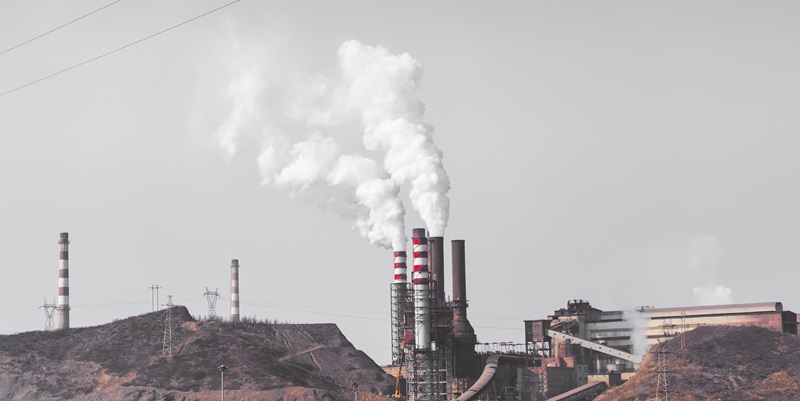The emergence of Artificial Intelligence (AI) has revolutionized countless industries, and sustainable manufacturing is no exception. With its ability to analyze vast amounts of data and identify patterns and anomalies, AI offers promising solutions for optimizing production processes, minimizing waste, and enhancing energy efficiency. In this article, we will delve into the applications of AI in sustainable manufacturing, exploring how it can address critical challenges and lead us towards a more sustainable future.
The Application of AI in Sustainable Manufacturing
Sustainable manufacturing entails minimizing environmental impact while maximizing productivity and efficiency. AI plays a crucial role in accomplishing these goals by harnessing the power of data analysis, predictive modeling, and optimization algorithms. From monitoring production lines to optimizing supply chains, AI provides valuable insights and recommendations that enable manufacturers to make informed decisions.
Optimizing Production Processes and Minimizing Waste through AI
One of the key benefits of AI in sustainable manufacturing lies in its ability to optimize production processes and minimize waste at every stage. By analyzing data from sensors and other sources, AI algorithms can identify patterns and anomalies that humans may overlook. This allows for proactive interventions, reducing downtime, and enhancing overall production efficiency.
Analyzing Data and Identifying Patterns and Anomalies
The real strength of AI in sustainable manufacturing lies in its capacity to analyze vast amounts of data and identify patterns and anomalies. By leveraging machine learning algorithms, AI can detect irregularities or inefficiencies in the production line that would otherwise go unnoticed. This enables manufacturers to take immediate corrective actions and prevent further waste or environmental impact.
Optimizing the Use of Raw Materials through AI Prediction
AI can optimize the utilization of raw materials by accurately predicting demand and adjusting production accordingly. By analyzing historical data and current market trends, AI algorithms can make accurate forecasts, reducing overproduction and minimizing waste. This not only saves resources but also reduces the carbon footprint associated with excessive production.
Identifying Opportunities for Energy Savings with AI Analysis
Energy consumption is a significant concern in manufacturing, and AI offers a powerful solution to identify and capitalize on energy-saving opportunities. By monitoring energy consumption in real time and analyzing historical data, AI algorithms can pinpoint areas of inefficiency and identify strategies for reducing energy usage. This not only reduces environmental impact but also lowers operational costs for manufacturers.
Proactive Maintenance and Machine Performance Optimization
AI’s ability to analyze data from production lines allows manufacturers to identify areas where machines frequently break down or cause delays. By predicting maintenance needs and pre-emptively resolving issues before they occur, manufacturing operations can run more smoothly and efficiently. This not only minimizes waste but also ensures optimal utilization of resources.
Optimizing Supply Chains through AI Analysis
Supply chain optimization is critical for sustainable manufacturing, and AI can play a crucial role in analyzing data on inventory levels, transportation routes, and demand patterns. By considering multiple variables simultaneously, AI algorithms can identify bottlenecks, recommend efficient routes, and enable manufacturers to deliver products more efficiently. This reduces waste associated with excess inventory and minimizes carbon emissions from transportation.
Improving Quality Control through Real-Time Defect Detection
Quality control is essential for sustainable manufacturing, and AI algorithms can detect defects and anomalies in real time. By analyzing sensor data and comparing it to predefined quality standards, AI can identify deviations and trigger immediate corrective actions. This enhances overall product quality, reduces waste from defective items, and improves customer satisfaction.
Artificial Intelligence has emerged as a powerful tool for sustainable manufacturing, offering a potential path towards waste reduction and efficiency improvement. By leveraging AI’s capabilities to analyze data, optimize production processes, and minimize waste at every level, manufacturers can achieve greater sustainability while enhancing productivity and profitability. Embracing AI in the manufacturing industry will undoubtedly reshape the future of sustainable production and contribute to building a greener and more prosperous world.

